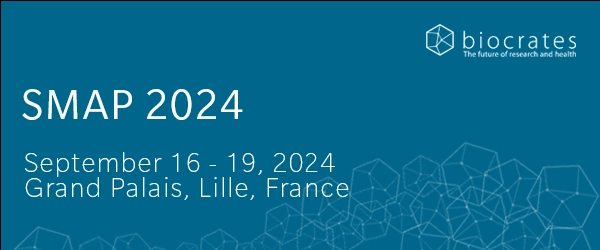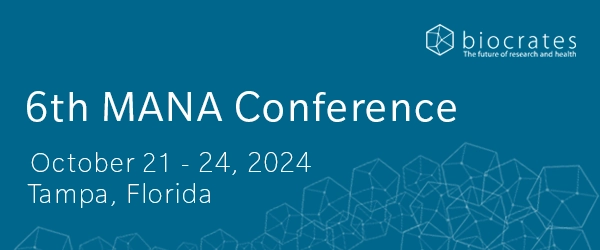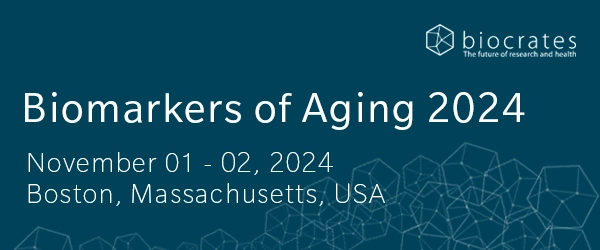The study analyzed pre-diagnostic serum samples from healthy women in the Norwegian Trøndelag Health Study (HUNT2 study) to identify molecular biomarkers linked to breast cancer risk.
All posts to the category
Metabolomics and application in colorectal cancer research
In this presentation Prof. Ose highlights the research conducted by an international consortium focusing on colorectal cancer (CRC) patients at the time of diagnosis.
Metabolomics in the Tohoku Medical Megabank and identification of biomarkers in gynecological cancer
Metabolomics, the comprehensive analysis of metabolites in vivo, has contributed significantly to research on the search for diagnostic biomarkers for various diseases.
Host-microbial interactions as pathophysiological nexus in inflammatory bowel disease
Immunometabolism is an important component to the pathophysiology of inflammatory bowel diseases and thus may serve the purpose of contributing to better and more personalized therapy decisions. While several metabolic pathways contribute, the talk puts special emphasis on the metabolism of the essential amino acid tryptophan.
Microbiota-derived 3-IAA influences chemotherapy efficacy in pancreatic cancer
Pancreatic ductal adenocarcinoma (PDAC) is expected to be the second most deadly cancer by 2040, owing to the high incidence of metastatic disease and limited responses to treatment. Less than half of all patients respond to the primary treatment for PDAC, chemotherapy, and genetic alterations alone cannot explain this. Using shotgun metagenomic sequencing and metabolomic screening, we show that the microbiota-derived tryptophan metabolite indole-3-acetic acid (3-IAA) is enriched in patients who respond to treatment.











